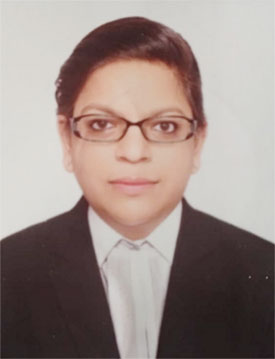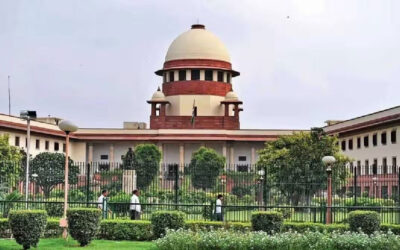In India, a similar administrative adjudicatory body to the Patent Trial and Appeal Board (PTAB) of the United States Patent and Trademark Office (USPTO), called the Intellectual Property Appellate Board (IPAB), was constituted by a Gazette notification of the Central Government in the Ministry of Commerce and Industry on September 15, 2003. The aim of constituting the appellate board was to provide a more efficient venue than the high courts for appeals against the decisions of the Registrar under the Trademarks Act, 1999 and the Geographical Indications of Goods (Registration and Protection) Act, 1999. In 2007, this Act was extended to patents by authorizing the IPAB to hear and adjudicate over appeals from most of the decisions, orders, or directions made by the Patent Controller under the Patents Act, 1970.
However, the IPAB was eradicated by the Central Government of India by way of the Tribunals Reforms (Rationalization and Conditions of Service) Ordinance, 2021, published in the Gazette of India on April 4, 2021. The statement of objects and reasons appended in the bill included the fact that the tribunals in several sectors have “not led to a faster justice delivery … at a considerable expense to the exchequer,” and “reduce the burden on the public exchequer, but also address the issue of shortage of supporting staff of tribunals and infrastructure.” Thereafter, all the pending matters before the IPAB were transferred to the high courts. The IPAB was permanently shut down due to being inadequately staffed and failing to develop the requisite infrastructure.
To address the backlog and growing number of cases, the Delhi High Court, on the recommendations of a two-member judge committee, recently announced the creation of the Intellectual Property Division (IPD) in a press release titled “Creation Of Intellectual Property Division in the Delhi High Court.” The IPD will act as specialized benches in the high courts and will deal with all original proceedings and appellate proceedings, including Writ Petitions (Civil), Civil Misc. (Mains), Regular First Appeal (RFA), and First Appeal Order (FAO) etc., relating to Intellectual Property Rights disputes except in matters that are to be dealt with by a Division Bench. Office Order No. 667 of the Delhi High Court dated July 7, 2021, also has been issued; this Office Order provides directions on the nature of proceedings that will be handled by the IPD, relevant nomenclature in high court, and court fees payable in Delhi High Court. The IPD benches shall be periodically notified by the Honorable Chief Justice.
In addition, the Delhi High Court is also formulating comprehensive rules for the newly created IPD. A separate committee has been constituted to prepare the “Delhi High Court Patent Rules” which shall govern the procedures for adjudicating patent disputes before the Delhi High Court.
The creation of the IPD, with comprehensive rules governing intellectual property rights (IPR) matters, is a significant step for efficiently handling and fast-tracking the IPR backlog. It is a positive step toward improving India’s IP protection and enforcement system, which is consistent with the Indian government’s 2016 National IPR Policy and in line with global practices in this regard.
Next Steps to Help IP Owners in India
Deciding patent cases requires technical and legal knowledge. The Honorable Paul Michel, Retired Chief Judge of the CAFC, published an article in IPWatchdog on March 21, 2021 titled “How to Choose the Next Federal Circuit Judge: Stick with Experience.” He writes that “although any diligent lawyer can learn ‘black letter’ patent law on the job (as I myself did), that is no longer sufficient, because judges also need a deep understanding of how inventors and investors, including corporate CEOs, rely on patents in making difficult and fateful decisions about whether to fund new R&D and manufacture new products, or not. Such decision-makers crave predictability of outcome and stability of legal requirements. Because uncertainty generates excess risk, when in doubt, they usually opt against going forward.”
Judge Michel’s message is quite clear: judges that decide on patent cases need technical experience. We fully concur with Judge Michel. Let us hope that India’s specialized IP Division in the Delhi High Court will have judges or special masters with technical knowledge.

